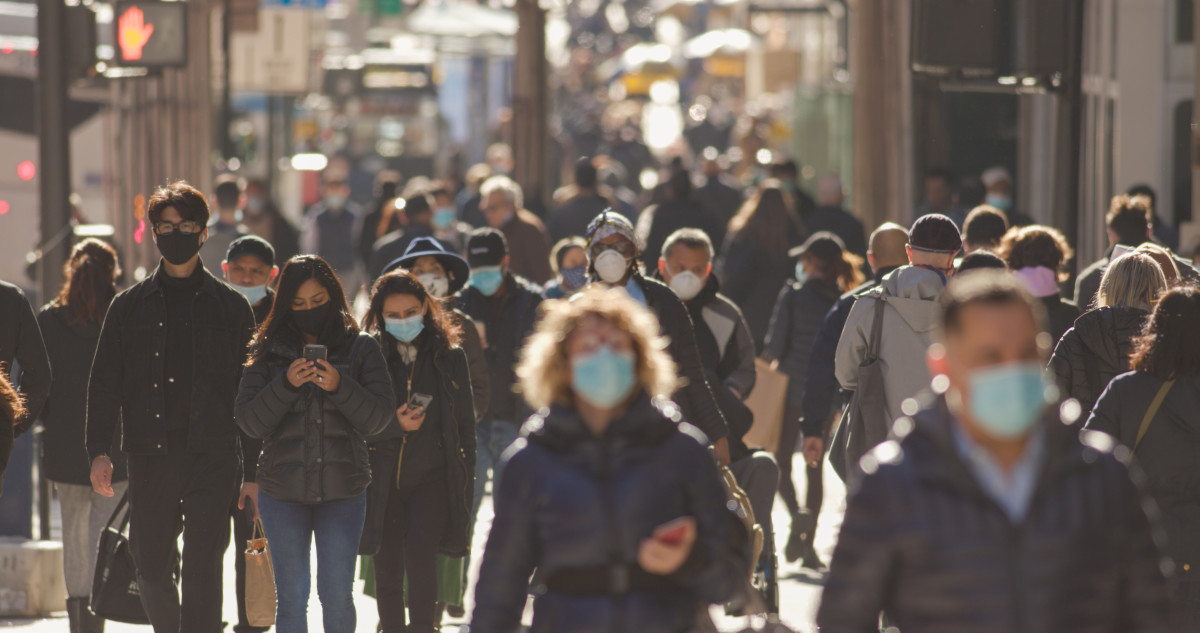Republican lawmakers in North Carolina are advancing a bill to repeal a pandemic-era law that allows mask-wearing in public for health reasons. This move is partly driven by recent demonstrations against the Gaza war, which have featured masked protesters on college campuses. On Wednesday, the Senate passed the legislation in a 30-15 vote along party lines, despite opposition from state Senate Democrats who attempted to amend the bill. The bill, which increases penalties for crimes committed while wearing a mask, including those by protesters, may still be modified as it returns to the House.

Health Concerns vs. Public Safety
Opponents of the bill argue that it jeopardizes the health of individuals who wear masks for safety reasons. However, supporters contend that it addresses the disruptions caused by recent protests, such as those at the University of North Carolina at Chapel Hill, which led to clashes with police and arrests. The bill also criminalizes blocking roads or emergency vehicles during protests, a tactic used in pro-Palestinian demonstrations in Raleigh and Durham.
Historical Context and Partisan Debate
The current pushback centers on the removal of health and safety exemptions for public mask-wearing. These exemptions were added at the start of the COVID-19 pandemic with bipartisan support. Repealing these exemptions would revert public masking rules to their pre-pandemic state, established in 1953 to curb Ku Klux Klan activity in North Carolina, according to sociologist David Cunningham. Masks have become a partisan issue since the pandemic, and the Senate debate reflected this division. Democratic lawmakers expressed concerns that removing health protections for mask-wearers could criminalize immunocompromised individuals. Legislative staff confirmed that masking for health purposes would violate the proposed law.
Concerns of Immunocompromised Individuals
Simone Hetherington, an immunocompromised individual, spoke during Wednesday’s Senate Rules Committee about the importance of masking for her health. She fears the new law would hinder her ability to protect herself from illnesses. Despite these concerns, Republican legislators argued that enforcement discretion would prevent health-related masking from being penalized. Newton emphasized that the bill targets those concealing their identity for criminal purposes.
Future of the Bill
Three Senate Democrats proposed amendments to retain the health exemption and exclude hate groups from masking, but Senate Republicans blocked these without a vote. Future changes to the bill are possible, but it will be up to the House to decide. Robeson County Republican Sen. Danny Britt mentioned the likelihood of “some tweaking,” and House Rules Committee Chairman Destin Hall said the House planned to review the bill, emphasizing the need to crack down on masked individuals committing crimes. The bill is expected to go through several committees before reaching the House floor, which could take one or two weeks, according to Hall.
